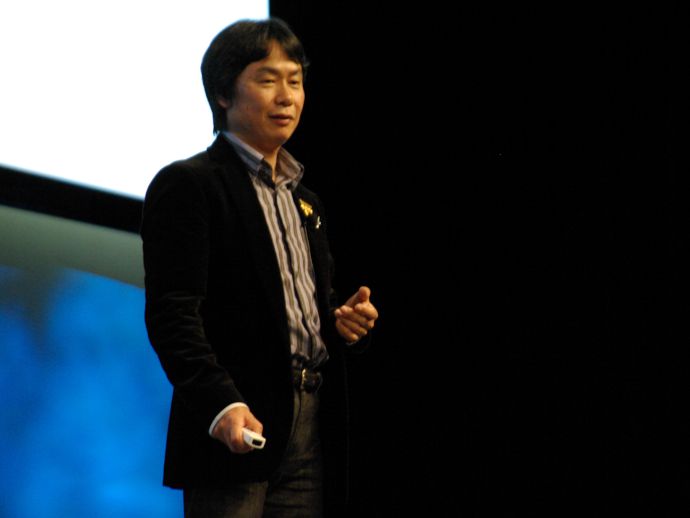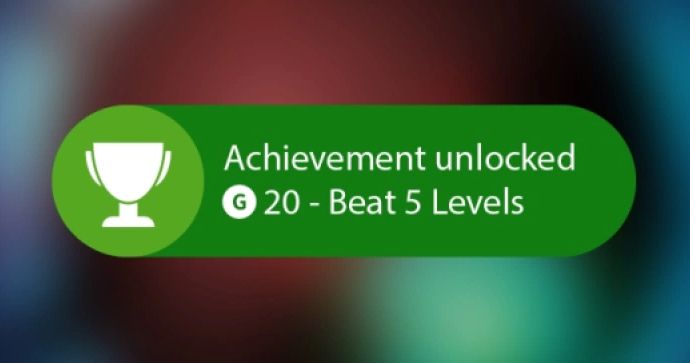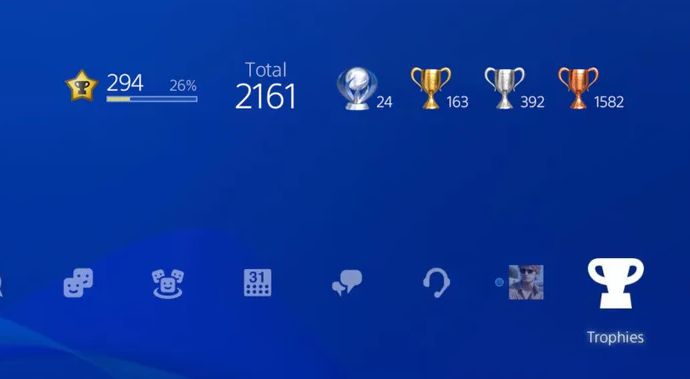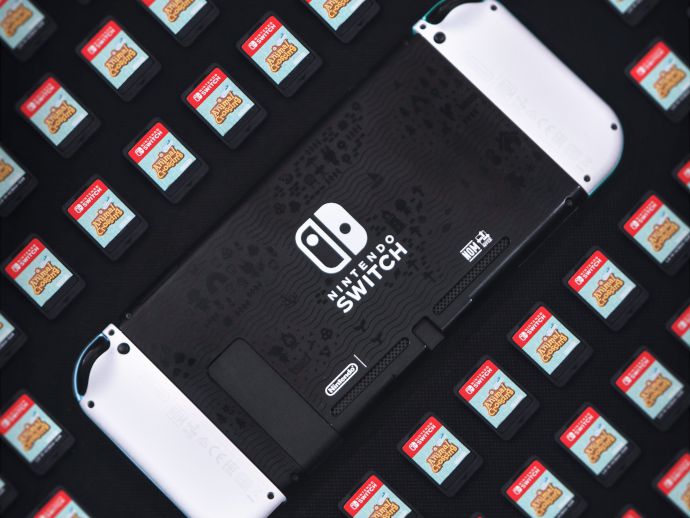On most current-generation gaming consoles, we've seen achievements—also called trophies, badges, or whatever else—become a permanent feature.
They're far from universally loved, but whether you like them or hate them, the fact remains the same: they're here to stay. Unless, of course, you're talking about Nintendo's consoles.
While Microsoft was the first to bring the concept mainstream, they were soon followed by Sony, Valve, and others. But Nintendo has refused to add achievements—or anything resembling them—for multiple generations of their consoles now.
Why Is Nintendo Avoiding Achievements?

Unlike Sony and Microsoft, Nintendo has been in the gaming console business since high scores were seen as a big deal.
You might think that, given how entrenched they once were in scores and leaderboards and whatnot, the company would embrace the modernized system of achievements that feel a lot like high scores. But it's actually the opposite.
When legendary Nintendo game designer Shigeru Miyamoto was asked what he thought about the then-relatively-new Achievements system on the Xbox 360, he said he hadn't paid much attention to it. He then added that the idea seemed "like something we've been doing for the last 15-20 years."
More importantly, there's the fact that Nintendo has never felt the need to emulate or keep up with their contemporaries.
Look no further than its online system for further proof. While the online service of the Nintendo Switch is much better than older Nintendo consoles, it still lags behind the times compared to the PlayStation 4 or Xbox One.
Nintendo has always been one to pioneer new ideas rather than follow in the footsteps of what everyone else is doing—sometimes to the detriment of their existing systems.
The Case Against Achievements

There are many arguments against achievements, but one of the biggest seems to be that they break immersion. As games become more capable as a storytelling medium, this immersion factor becomes more important than ever before.
Most of us have experienced an emotional or engrossing scene that was interrupted by an achievement, trophy, or badge notification. It definitely ruins the moment.
Another big argument against achievements is the growing feeling that achievements have been trivialized by game developers who use them as participation awards.
When a game hands out an achievement for passing the tutorial, is that really an achievement? It's similarly disappointing when you get an achievement simply for reaching an arbitrary point in the story, or for randomly stumbling upon something.
The Case in Favor of Achievements

While achievements are never necessary, they also aren't harmful.
If you find that achievement notifications break immersion, you can easily disable notifications for them system-wide. This means they won't intrude on key story moments, nor will you be alerted for paltry trophies like beating the tutorial.
On the other hand, achievements can be a great way to spend extra time with a game once you've completed the main campaign.
We've all had those experiences where you beat a game and just don't want it to be over. Well-crafted achievements can give you a meaningful reason to stick with a game without feeling like you're wasting time or playing for no reason.
Whether or not achievements are worthwhile is up to the developer, but when they're well done they can bring a lot of fun and extra value to a video game.
Nintendo vs. Everyone Else: Who Budges?

With a new generation of gaming consoles on the horizon, we're at a point in time where change is possible.
It doesn't seem likely that Microsoft or Sony will simply drop achievements or trophies altogether, even though the idea of GamerScore isn't nearly as important as it was in 2008.
And, of course, game developers are always free to add their own achievement systems to their games—but without a unified console-wide feature, these often feel hollow.
There's no reason to believe that Nintendo will suddenly add an achievements system to the Nintendo Switch, or any future gaming console. It's clear that Nintendo prefers to let their games speak for themselves—without distracting achievements.
It's far more likely that players will soon grow tired of the achievements concept and move on from it.
Having Fun Without Achievements
While gaming achievements can provide value by serving as extra challenges or rewards for meaningful engagement, they're not the only way to make sure you get your money's worth from a game.
Nintendo may never add achievements, but you can still spend hours upon hours with many games on the Nintendo Switch.



